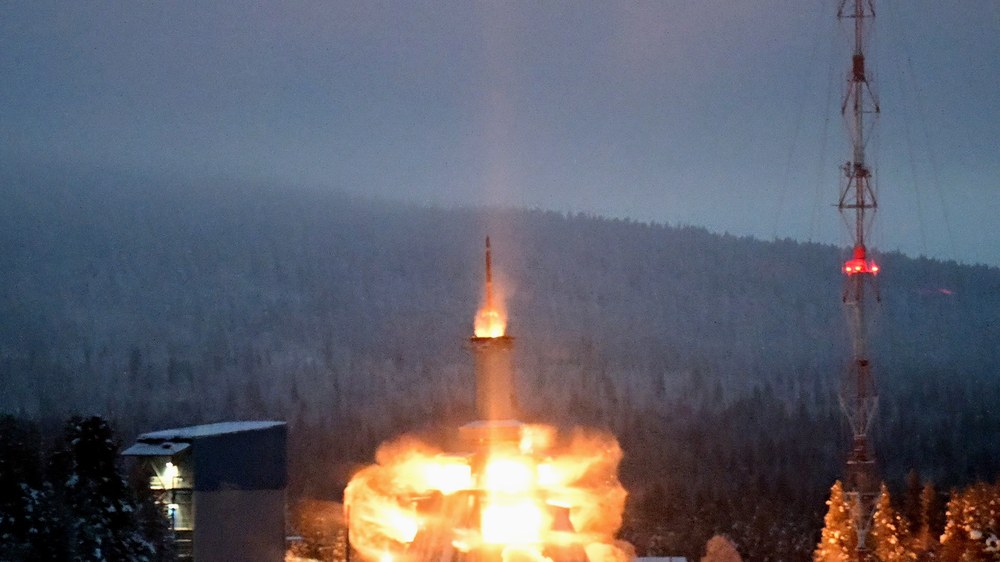MAIUS / BECCAL
The Institute for Software Technology is providing the experiment control software for cold atom experiments such as MAIUS and BECCAL. The goal of these projects is to investigate the experimental possibilities and technological requirements for experiments with Bose-Einstein condensates on board sounding rockets and the International Space Station (ISS) respectively. For this purpose, a design of such apparatus is to be developed on the basis of the existing experimental setups of the previous projects QUANTUS-1, QUANTUS-2, MAIUS-A.
The MAIUS and BECCAL projects are collaborations of different institutions. The DLR Institute for Software Technology supports the projects with its expertise in software development for satellite on-board systems as well as software product assurance activities. Our scientists draw on experiences from working on the MAIUS-1 mission.
The MAIUS payload will be mounted on a VSB-30 sounding rocket, while the BECCAL payload will be operated from the US Destiny module on the International Space Station (ISS). Both projects will focus on the creation of observation of Bose-Einstein Condensates of Rubidium and Potassium. The projects will provide more complex trap geometries for atoms, generation of ensembles with higher numbers of atoms, and light-pulse atom interferometry at extended time scales. The topics cover a broad spectrum from fundamental physics to studies for real life application. These include atom optics, atom interferometry, physics of degenerate quantum gases, and their mixtures.
The experiment control software for both the MAIUS and the BECCAL experiments is developed by the Onboard Software Systems group at the Institute for Software Technology. The group will be in charge of controlling the payload by sending and receiving telecommands and telemetry as well as controlling and monitoring the status of the overall experiment.
Project runtime:
- 2012 - present
Scientific participants:
- Leibniz Universität Hannover, Institute or Quantum Optics (Project lead)
- University of Bremen, Center of Applied Space Technology and Microgravity (ZARM)
- Humboldt Universität Berlin, Department of Physics, Optical Metrology
- Johannes Gutenberg Universätit Mainz, research group Quantum Optics and Quantum Information
- Ferdinand-Braun-Institut Berlin
- Ulm University
- The Technical University of Darmstadt
- German Aerospace Center (DLR)
- NASA (BECCAL)
Further information:
Publications on this project:
- A Model-driven Software Architecture for Ultra-cold Gas Experiments in Space
- The BECCAL Experiment Design and Control Software
- The Bose-Einstein Condensate and Cold Atom Laboratory
- Quantum Gases Aboard the ISS - Capabilities of the BECCAL Facility
- Ultracold atom interferometry in space
- Space-borne Bose–Einstein condensation for precision interferometry

